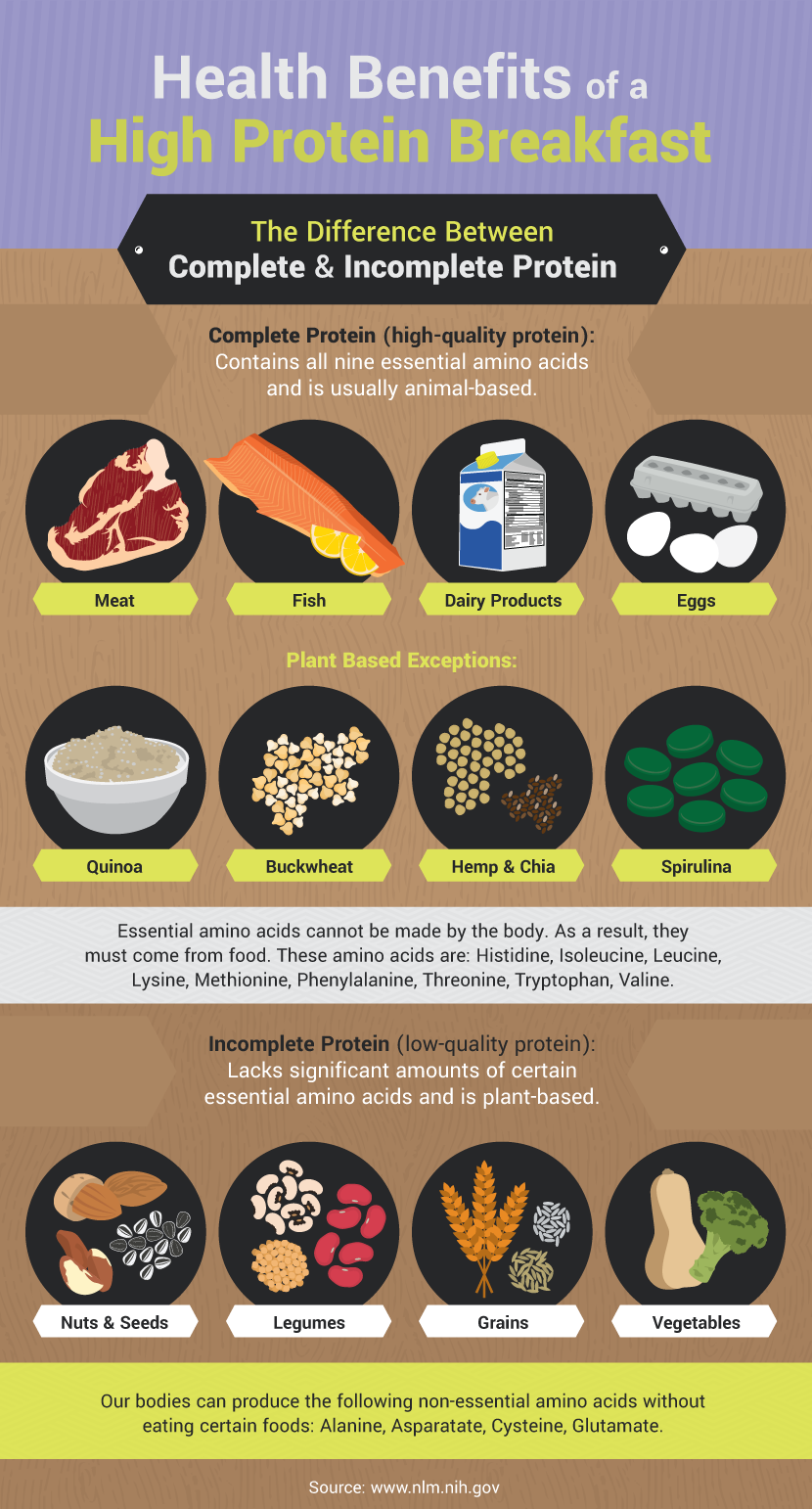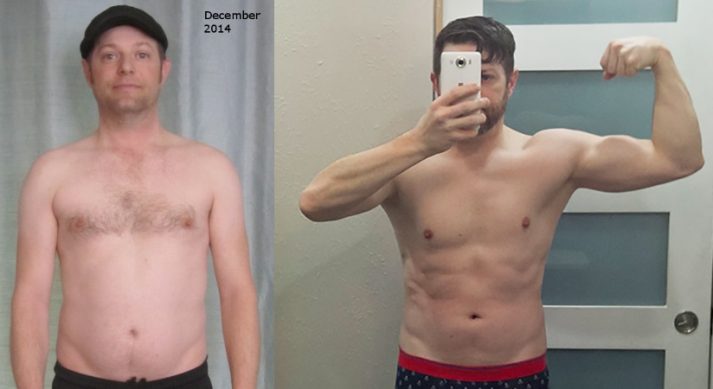
There are many benefits to fibre. In fact, the average American consumes only about half of their recommended daily intake. Your overall health can be improved by eating a variety foods rich in fibre. Whole grains, fruits, vegetables, and nuts are all good sources of fiber. Eating foods rich in fiber is a great way to improve your overall health. However, fibre has more benefits than just improving digestion.
Fibre is good for your health and can help prevent heart disease. A study has shown that a high-fiber diet reduces your risk of developing cardiovascular disease by half. It also lowers "bad" cholesterol. It also helps control blood sugar levels. It has been shown in studies to lower the risk of certain cancers such as diabetes and colon cancer. Some studies have even found that the increased intake of fibre may help prevent colon cancer. Increased fibre intake will allow you to avoid colon carcinoma and help you lose weight.

Fibre is good for the digestive system. It helps reduce the risk of chronic diseases such as colon cancer. According to the WereldkankerOnderzoekfond, increasing your fibre intake can prevent twelve percent colon cancer. Soluble fibre absorbs cholesterol from foods and expels it through the stool. It helps improve blood vessel health. It lowers your risk of heart attack and stroke.
Children who consume a high-fiber diet may have better health and be less likely to develop chronic diseases. There are many benefits to dietary fiber, even though there is still much research. It can improve the health of your digestive system and organs. To meet a child's nutritional needs for fiber, it is recommended that they be given enteral formulas containing the fibre. And if they don't get enough fibre in their diet, they may benefit from a fiber supplement.
Fibre is vital for weight control. Fibre, when eaten regularly, can help people feel fuller for longer and lower their calorie intake. Fibre is low in calories so it is recommended to include more of it in your diet. Denmark has a traditional diet rich in fibre. Its obesity rate is half as high as that in Canada. This is because the diet focuses on whole grains and legumes as well as fruits.

The study results show that people know a lot about fibre. The average score is 3.54 (+-0.5) out of five. The probability of learning about fibre is higher for students at university. There are other benefits to fibre, according to the results of the survey. This includes a decrease in the risk for heart disease, cancer and other digestive disorders. Public knowledge is also well-established about the health benefits of fiber.
FAQ
Is it possible to go to the gym every day of the week?
You can go to your gym seven days a semaine, but not simultaneously. You need to find a time that you are able to do this without feeling exhausted or drained.
This will help keep you motivated and give you energy for other activities.
You must also ensure that you eat enough during these times. This will ensure you don't feel tired and sluggish when going to the gym.
You must ensure that you don't have any other competing demands on your time. For example, if you have children, you may want to avoid exercising on school nights as they will distract you from your workout.
Which dietary supplement can help you lose weight?
You need to exercise and diet in order lose weight. Some people find that supplements can help them along the journey.
A few studies have suggested that omega-3 Fatty Acids might help weight loss. Omega-3s are essential fats that are important for brain function and cell membrane integrity. They can be found as a part of seafood such as tuna, salmon, shrimp, and cod live oil.
Other research suggests that green tea might be beneficial for weight loss. Green tea is rich in catechins, antioxidants which may boost metabolism and aid weight loss.
Which exercise is the best for men?
The answer depends on what you are looking for. Cardio workouts are great for losing weight because they burn calories more quickly than strength training exercises.
On the other hand, if you just want to build muscle mass, then strength training is better since it increases lean body mass.
Both types of exercise are proven to be beneficial if you're looking to improve your overall health.
I recommend HIIT, or sprint interval training, if you want fast results. This type helps you burn fat quickly, by increasing your metabolism. It also boosts your endurance to continue training even when you feel tired.
Do I have to do it every day?
No! You should do at least 30 mins of moderate-intensity activity 5 days per week. That could mean walking fast enough for you to get slightly out of breath and biking hard enough for you to sweat.
Why Metabolic Health Is the Key to Aging Well?
People are living longer lives today than at any point in history. However, as they age, so do their chances of getting sicker. Despite making great progress in medical science, it is becoming more apparent that our current approach to medicine is not working.
It is time to change the way we view health and aging. To achieve healthy aging, we must look at metabolic health as more than just weight loss. It is also important to consider overall wellness.
If you want to live a healthy, active lifestyle for the rest of your life, it is important to maintain a strong metabolism throughout your entire life.
The good news is that there are many ways to improve your metabolic health. These 7 foods can be incorporated into your diet.
-
Blueberries contain resveratrol, which has been shown to help support cellular longevity. They also contain antioxidants and vitamins C & E.
-
Pinto beans and lentils make excellent sources of fiber as well as plant-based protein. These nutrients are important for maintaining blood sugar levels that don't spike, crash or change.
-
Broccoli contains the antioxidant sulforaphane. This has been shown in studies to protect DNA. It could even slow down the growth of cancer.
-
Chia seeds are rich in fiber and omega-3 fatty acid. They are also rich in antioxidants, protein, and fiber. These nutrients promote gut health, brain function and heart health.
-
Green tea contains catechins, which are polyphenols. Studies show that catechins in green Tea can reduce the risk of developing diabetes, stroke, cognitive decline, and bone fractures.
-
Salmonis high in protein and rich in vitamin D is one of the most popular sources of lean proteins.
-
Walnuts have omega-3s and antioxidants such as alphalipoic acid (ALA). ALA boosts energy production and reduces inflammation.
What if I exercise and drink alcohol?
Yes. Alcohol increases energy expenditure, speeds up recovery times, and reduces soreness.
Also, alcohol increases insulin sensitivity which makes it easier to absorb glucose.
Alcohol can cause dehydration. This can slow down your metabolism. Alcohol can also lower testosterone production, which could lead to a decrease in muscle-building potential.
This is why women shouldn't have alcoholic drinks before exercising. Women who drink heavily should wait at LEAST 24 hours before they start working out.
Nursing mothers should abstain from alcohol as much as they can.
Men should limit their alcohol intake to just one drink each day.
Statistics
- Cardmembers earn 5% Back at Amazon.com with a Prime Credit Card. (amazon.com)
- Get free shipping and 25% off today. (healthline.com)
- 10 pounds in a month is likely during a lean bulking phase, especially for beginners. (muscleandstrength.com)
- Candidates and applicants must pass all four tests at 70% (minimum level) to graduate from Basic Deputy U.S. Marshal (BDUSM) Training. (usmarshals.gov)
- By John Thompson Take a whopping 38% off a set of PowerBlock Pros. (menshealth.com)
External Links
How To
How can I burn fat and exercise?
Exercise burns calories by increasing metabolism and oxygen consumption.
Exercise at a moderate intensity to safely lose weight.
These tips can help you to burn fat while training:
-
Cardio exercises include swimming, running or cycling.
-
Three times per week, exercise for 30 minutes.
-
Strength training is a great way to lose weight.
-
Avoid doing intense exercises. It is possible to build muscle without destroying muscle tissue.
-
Drink plenty of water during exercise. Water helps to flush out toxins from the body and maintains proper hydration.
-
After working out, drink low-fat protein shakes. Protein shakes boost energy and repair muscle tissue.
-
Smaller meals are better for you.
-
Don't skip breakfast! You can feel tired and slow if you skip breakfast.
-
Mental health is important. Stressful situations can slow metabolism.
-
Keep a positive attitude. Studies have shown that people who are convinced they are overweight gain more weight than those who feel they look attractive.
-
Sleep enough. You will have a harder time losing weight if you do not get enough sleep.
-
Active living is key. Move around at least once an hour.
-
Maintain a healthy diet. Eat right to feel satisfied and full for longer.
-
Relaxation is possible by finding ways to relax. Relaxing doesn't mean your body releases stress hormones which cause muscle tissue to be destroyed.
A balanced diet provides all the nutrients necessary for growth and development.
Consider eating six small meals daily instead of three big ones. This gives your body the time it needs to process what you've eat.
You need about 500 milligrams of calcium daily to maintain strong bones. Calcium can also be found in milk products, yogurt, fortified Soy beverages, orange Juice, cereals and bread.
Calcium is found in leafy green vegetables and beans, tofu as well as nuts, seeds, cheese, and seeds.
Vitamin D is essential for calcium absorption. Vitamin D can also be found in some fortified foods such as eggs, fish, and yolk.
Vitamin E plays an important role in skin health. Vitamin E is found in vegetable oils and wheat germ oil, as well as peanuts, almonds and sunflower seeds.
Your body requires zinc for normal immune function and wound healing. Zinc is found in oysters, legumes, meats, whole grains, and seafood.
Zinc deficiency could cause fatigue, nausea, vomiting, and depression.
Insulin resistance is caused by eating too much sugar, which can increase blood glucose levels. Insulin resistance can lead to weight gain.
High levels of free radicals can lead to insulin resistance. Free radicals are molecules that have unpaired electrons, which can cause damage to cell membranes or other parts of your body.
The main sources of free radicals are food additives.
Free radical damage may lead to cancer, heart disease diabetes, arthritis, asthma and other conditions.
A well-balanced diet rich in antioxidants is the best way for you to avoid free radical damage. Antioxidants protect against oxidative damage.
Vitamin C, beta carotene (found within citrus fruits, carrots, sweet potatoes and spinach), Vitamin E (found inside nuts, olive oils, avocados and eggs), and Vitamin C (found among mangoes.
Additional antioxidant nutrients include selenium and copper, manganese and zinc.
Selenium protects cells against oxidative damage from free radicals. Selenium can also be found in Brazil nuts (tuna), liver, kidneys and shrimp.
Copper protects the eyes, brain, lungs, liver, and red blood cells. Copper can be found in meat, shellfish, meat, and organ meats.
Manganese is an essential component of bone structure. Manganese is found as a component of bone structure in brown rice (spinach, bananas), prunes, raisins and oatmeal.
Zinc is required for normal growth, reproduction and wound healing. Zn is present in lean cuts of meat and white fish, as well as eggs.